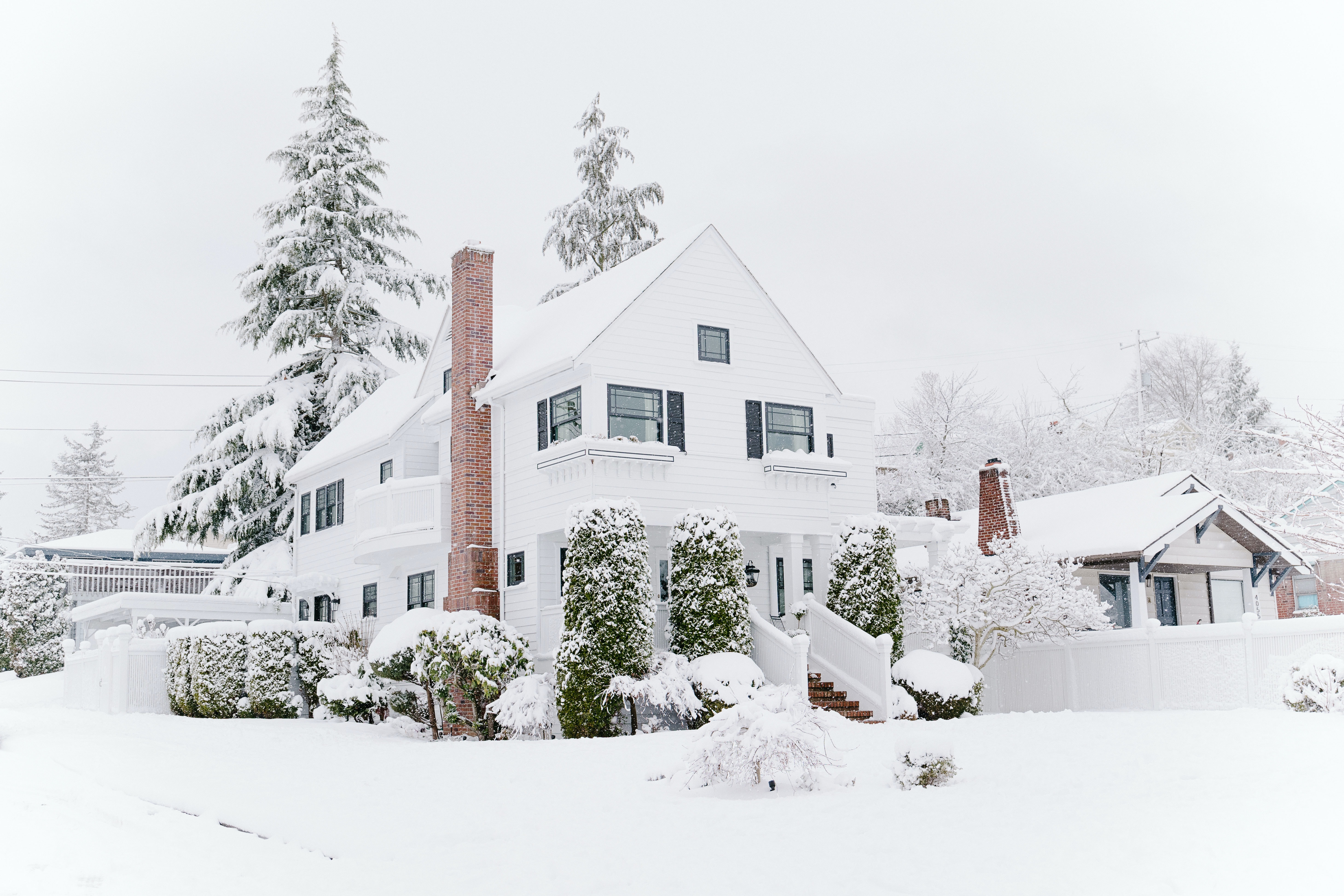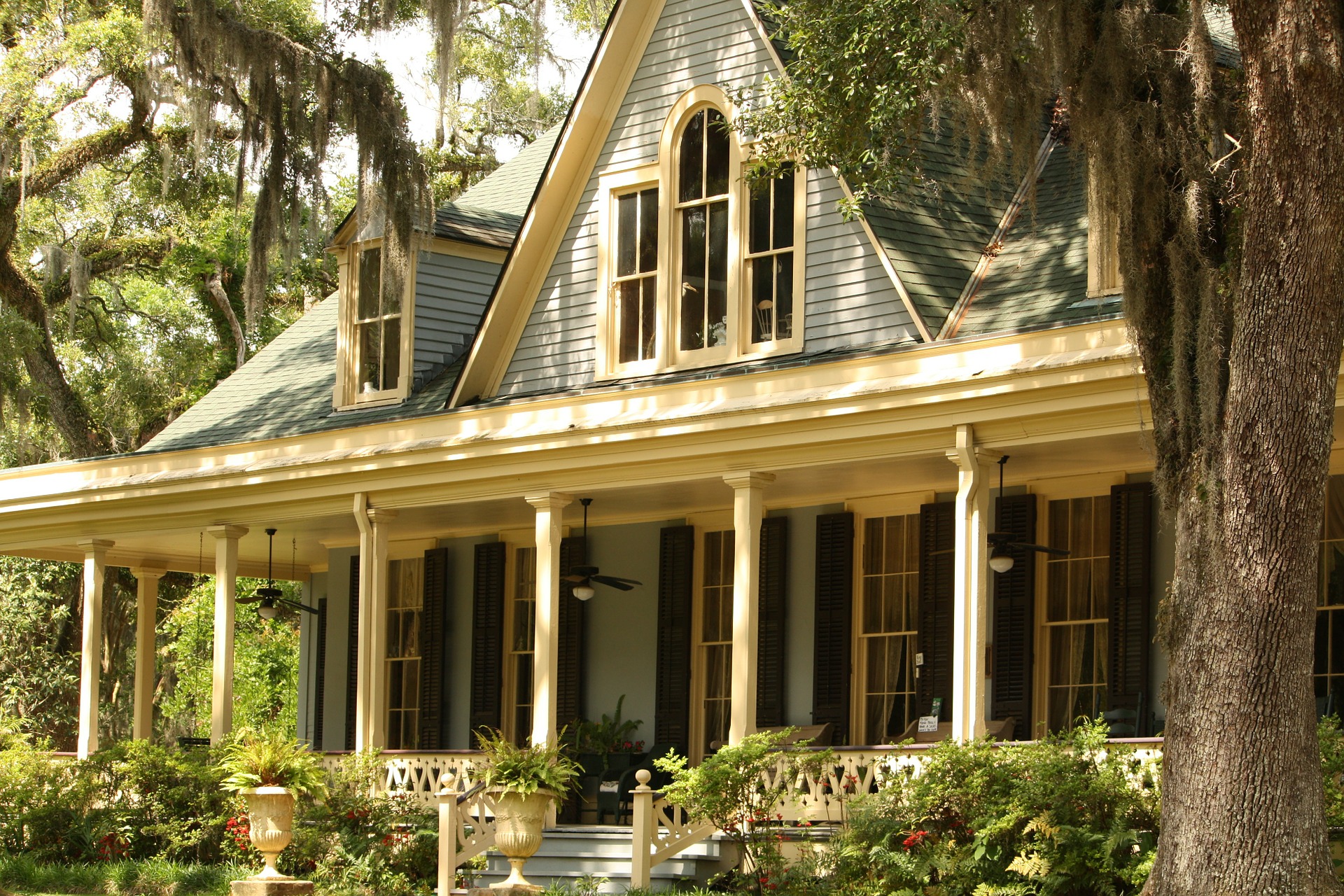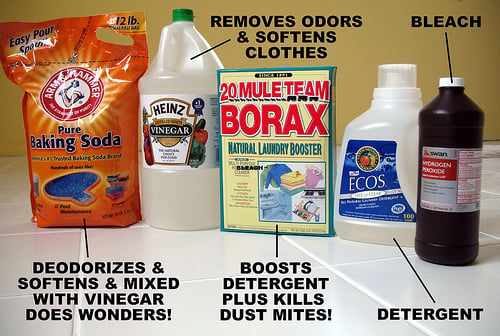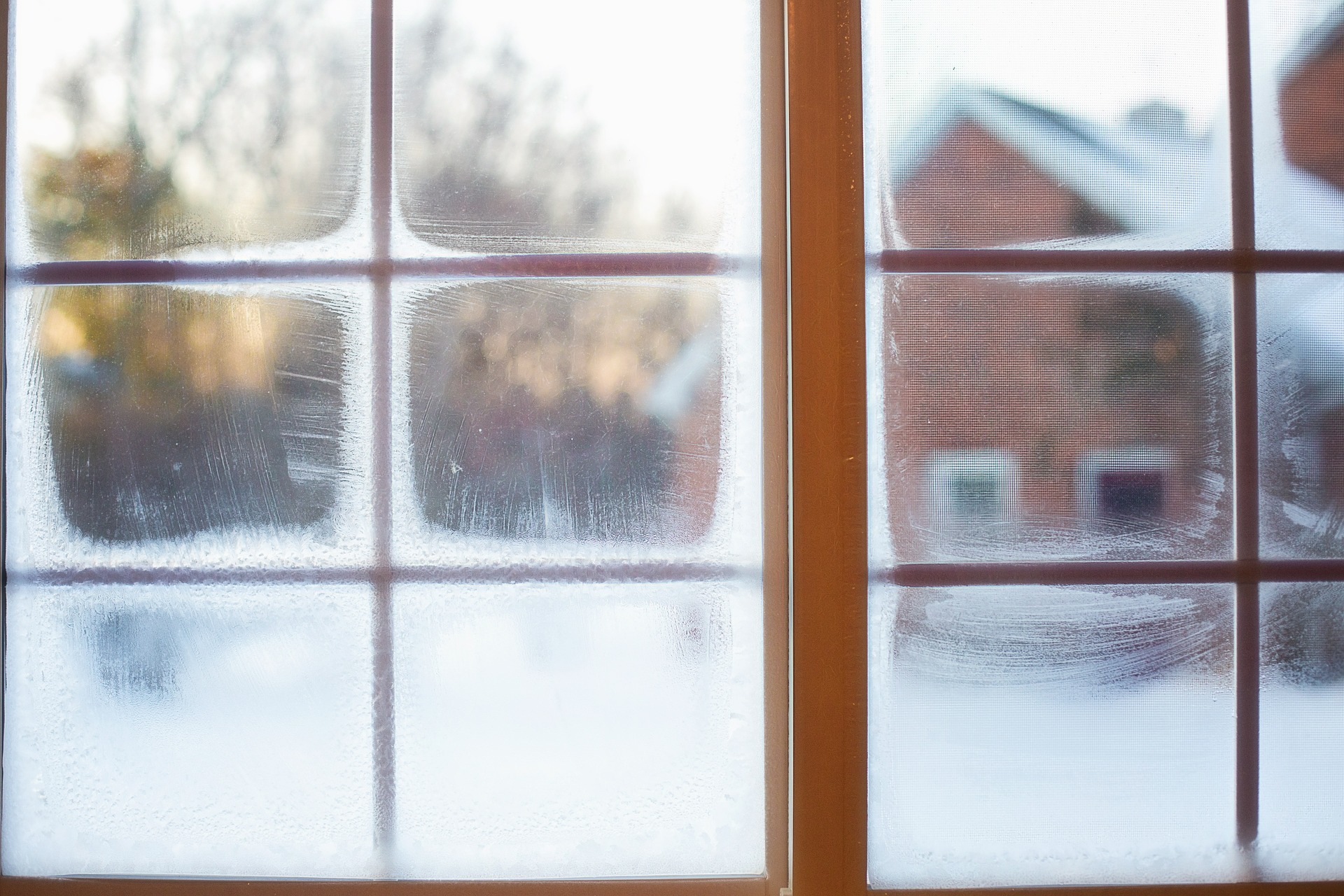Snow and ice are always seen as inconvenient. But it can be more than inconvenient; it can be dangerous. Snow and ice can cause significant damage to roofs, ranging from minor repairs to major structural failures. Here's what you need to know about how snow and ice can impact your roof and what you can do about it.
What Can Heavy Snow and Ice Do to Your Roof?
Heavy snow and ice can be extremely heavy, which puts a lot of pressure on your roof. Your roof isn't really designed to be a supportive structure; it's designed to be water-tight and resistant to winds. Because of this, heavy snow and ice can do a significant number on your roof. That includes:
- Injuries from falling snow and ice. Snow and ice can build up on your roof and then suddenly collapse. This can cause injury to anyone who is below. It can also cause damage to anything that's below the snow and ice, even if it isn't a walkway. To mitigate this risk, you should make sure that you frequently clear the snow and ice off the roof.
- Water damage from ice dams. When ice dams form, water starts to collect on the roof. This can eventually lead to leaks, water damage, mold, and structural problems that could ultimately become substantial.
- Carbon monoxide poisoning from blocked chimneys and vents. This is incredibly dangerous. As snow and ice collect it can start blocking off chimneys and vents. Once this happens, it becomes possible that carbon monoxide poisoning can occur. It's important to have a carbon monoxide detector to protect yourself.
- Potential for roof collapse. In a worst-case scenario, the roof can actually collapse. There is always the potential for roof collapse when a significant amount of snow and ice has collected, due to the weight. Usually, you will see warning signs first.
Because snow and ice could cause a significant amount of damage, you should always act when you see a lot of snow and ice on your roof. Make sure to inspect your property to determine whether there could be any interior damage.
What Are the Warning Signs of Roof Issues from Ice and Snow?
Snow and ice can be extraordinarily heavy and it isn't always obvious how heavy it is. A light dusting of snow can appear the same as an extremely dense, icy slush from the outside. Because of this, you might not know exactly how much damage is being done to your roof. Here are some signs that your roof could be failing.
- Creaking sounds. This is sometimes written off as a house settling, but if it occurs after heavy snow you should be aware that it could be indicating a structural failure.
- Drooping ceilings. Always a dangerous sign, drooping ceilings could mean that the ice and snow is too heavy, or that water damage is starting to affect the structure of the home.
- Cracked walls. This could be something else, such as foundation problems. But cracked walls often mean that there are structural problems in a property, which you should address.
- Water leaks. Water leaks often come from the roof, though an exterior renovations company should track the leak to make sure it's not coming from elsewhere.
If you see any of these signs or symptoms, you need to connect with a professional as quickly as possible. Roof issues can become worse quite quickly and it's not possible to slow the spread of snow and ice. If you're already experiencing structural problems in your home, you need to have them assessed.
How Can You Protect Your Roof?
Snow and ice are inevitable. But there are things you can do to reduce your risk. Snow guards can be used to keep snow contained. Regular maintenance (such as clearing snow from your roof) can also help. Make sure that your gutters are always cleared so that water (and therefore ice) doesn't build up — and so that melting snow and ice will be directed away from your foundation. The best way to protect your roof is to maintain it, by regularly removing snow, inspecting it, and being proactive about its protection.
When it comes up to wintertime, it's time to take a look at your roof. If you're concerned about snow and ice, it's time to call Exterior Medics. Contact us today to find out more about preventing snow and ice damage to roof and home.











Comments